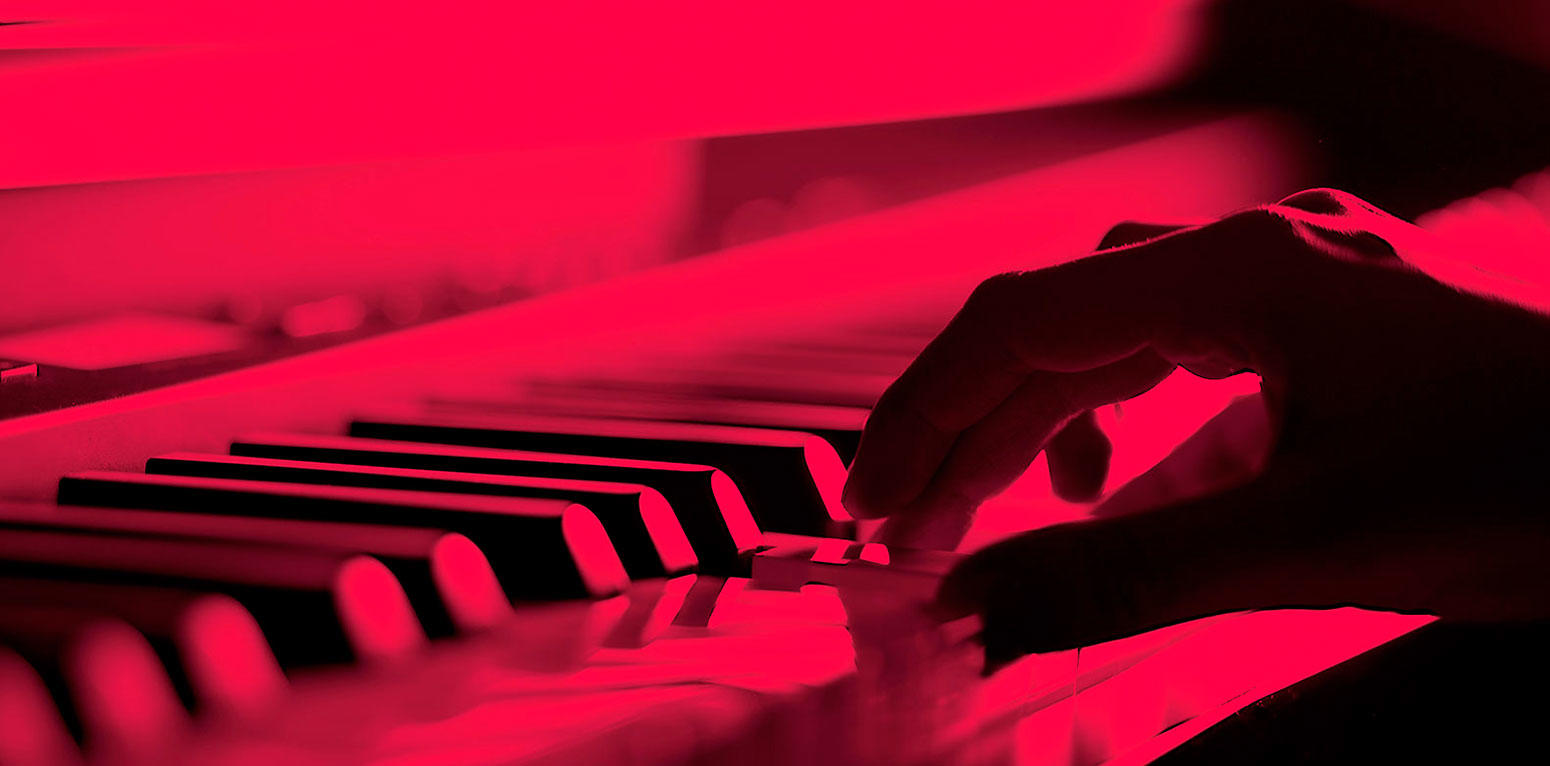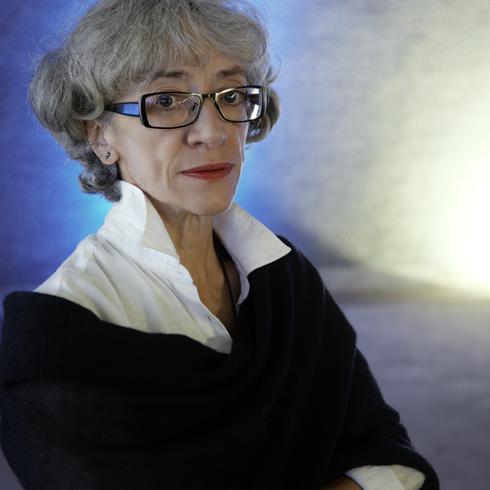© Arunas Baltenas
Onutė Narbutaitė (born 1956 in Vilnius) is one of the leading Lithuanian composers. She learned the basics of composition from Bronius Kutavičius, graduating in 1979 from the Lithuanian Academy of Music and Theatre where she studied composition under Prof. Julius Juzeliūnas. Already with her first work after the completion of her studies - the quartet Open the Gate of Oblivion (1980) – Narbutaitė became a distinctive part of the Lithuanian musical landscape, and when Lithuania regained its independence in 1991, she received her first commissions from festivals abroad.
Onutė Narbutaitė’s works have been performed at various festivals and concerts in Europe, the USA, Canada, South Korea. She has written the compositions to a commissions from the Helsinki Festival, the Schleswig-Holstein Musik Festival, the Bavarian Radio's musica viva series, the festivals Warsaw Autumn, Klangspuren Schwaz, Velvet Curtain (Krakow – Europian Capital of Culture 2000 project), A-Devantgarde (Munich), Kaustinen XX Chamber Music Week, Europäisches Musikfest Münsterland, ISCM World Music Days 2008, as well as from the Frankfurt Brandenburg State Orchestra, the Ostrobothnian Chamber Orchestra, the Seattle Chamber Players, the Louth Contemporary Music Society, the Kronos Quartet (Fifty for the Future project), among others.
Narbutaitė’s music has been performed by the Lithuanian National Symphony Orchestra, the Bavarian Radio Symphony Orchestra, the BBC Symphony Orchestra, the Birmingham Symphony orchestra, Sinfonia Varsovia, the Polish National Radio Symphony Orchestra, the Turku Philharmonic Orchestra, the Basel Sinfonietta, the Tapiola Sinfonietta, Sinfonietta Rīga, the Munich Chamber Orchestra, Ensemble Resonanz, Arditti Quartet, the ensemble Neopercusión (Madrid), Ensemble Paul Klee (Bern), Chameleon Arts Ensemble (Boston), Ensemble Eclat (Seoul), Garth Knox trio (Paris) and many other ensembles, orchestras and soloists. Her music, as the featured composer, has been more widely presented at some festivals and portrait concerts in Germany, Finland, Poland, the UK and Austria.
In 1997 the composer was awarded the Lithuanian National Culture and Art Prize for her oratorio Centones meae urbi, termed by the Polish musicologist Andrzej Chłopecki a ‘historiosophic composition about Vilnius and the spirituality of that city.
The Lithuanian Composers Union more than once presented her with the prizes for the year's best works in various categories: in the 2004 and 2005 for the cycle of symphonies Tres Dei Matris Symphoniae and the symphonic composition La barca, in 2008 for the choral work Lapides, flores, nomina et sidera, in 2018 for the piece for voice and flute Labyrinth. For her opera Cornet, 2014 staged at the Lithuanian National Opera Theatre, and the composition for chamber orchestra Was There a Butterfly? Narbutaitė was awarded as Composer of the Year.
Onutė Narbutaitė is also the recipient of the Lithuanian Art Creators Association prize (2005), the St Christopher statue awarded by the Vilnius City Municipality (2008), the Gold Star awarded by the Lithuanian Copyright Protection Association (2015), as well as of other prizes.
In 2004 Melody in the Garden of Olives for symphony orchestra was chosen as number one in the list of nine recommended works at the 51st International Rostrum of Composers in Paris organised by UNESCO’s International Music Council and radio broadcasters on all five continents. At the 57th International Rostrum of Composers held in Lisbon in 2010, her symphonic opus krantas upė simfonija (riva fiume sinfonia / riverbank - river - symphony) was in the top ten list of best compositions, as well as her composition for chamber orchestra Was There a Butterfly? at the 64th Rostrum in Palermo in 2017. The European Broadcasting Union included her opera Cornet in the 2014-2015 Euroradio Opera Season.
Onutė Narbutaitė’s compositions can be found on more than 40 CDs, released in Lithuania and abroad, amongst them 11 entire CDs of her music. In 2002-2003 Finlandia Records released a set of four CD’s of Onutė Narbutaitė works, which received a wide international recognition. Among the more popular and acclaimed recordings of Narbutaité's works is also the 2011 Naxos CD of Tres Dei Matris Symphoniae as well as 2017 Naxos symphonic music CD no yesterday, no tomorrow.
Still in the 1980s, Onutė Narbutaitė enjoyed the reputation of a composer of subtle chamber music. In the years following Lithuania’s independence the composer’s music underwent a significant transformation, firstly, Narbutaitė devoted herself to large-scale symphonic and symphonic-vocal works. In maintaining her undeniably creative independence, Narbutaitė has developed an expressive musical language, characterised by cerebral nature and structured thinking, expressive instrumentation and a haunting melodic quality, lush harmonies and textures, and an intense musical flow. The subtle sonic imagination in her music is in harmony with the rich cultural references to be found there.
The German musicologist Albrecht Thiemann has aptly noted that „the impact generated by Onutė Narbutaitė's works is related with quite uncommon paradoxical inner balance: their sound is both simple and complex, personal and universal, meditative and analytical".
Based on mic.lt (Music Information Centre Lithuania)


